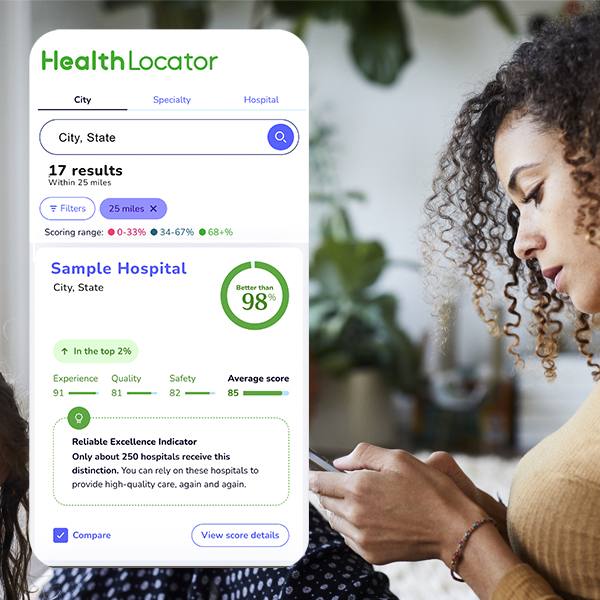-
Lifestyle Changes may Help Lower Risk of Gout Attacks
Lifestyle Changes may Help Lower Risk of Gout Attacks
May 4, 2012
Dear Mayo Clinic:
Are there natural ways to prevent gout attacks or at least lessen the severity? I do not want to take medication if it's not necessary.
Answer:
If you have been diagnosed with gout, you can make lifestyle changes that may help lower the risk of future gout attacks.
Gout is a form of arthritis that happens when sharp particles, called urate crystals, build up in a joint, causing severe pain, tenderness and swelling. One joint commonly affected by gout is located at the base of the big toe. Urate crystals form when high levels of uric acid are present in the blood.
Your body produces uric acid when it breaks down purines — substances found naturally in the body, as well as in certain foods. Uric acid usually dissolves in your blood and passes through your kidneys into your urine. But sometimes your body either produces too much uric acid or your kidneys flush out too little uric acid. When this happens, gout often results.
One of the most helpful ways to prevent gout attacks is to maintain a healthy body weight. Research has shown that excess weight is a major risk factor for developing gout. If you are overweight, losing weight can lower uric acid levels in your body and significantly reduce your risk of gout attacks.
Regarding the type of diet you should follow, the traditional thinking was that reducing the amount of foods that contain purines could substantially decrease the risk of gout flares. However, managing a low-purine diet can be quite cumbersome, and the success of such a diet in lowering blood uric acid levels is actually quite low. Even if you strictly follow a low-purine diet, the decrease in your blood uric acid level is rarely enough to cure gout.
Instead, a lower-calorie diet — one that replaces refined carbohydrates (sugar, white flour, others) with more complex carbohydrates, limits meat, and increases vegetables and fruit — often can be much more effective at reducing blood uric acid levels than a low-purine diet.
Specifically, to lower your risk of gout, eat fruits, vegetables, whole grains and fat-free or low-fat milk products. Get your protein mainly from low-fat dairy products because they may protect against gout. Limit the meat, fish and poultry you eat to no more than 4 to 6 ounces a day. Drink 8 to 16 cups, or about 2 to 4 liters, of fluid daily, with at least half of that being water.
In addition, avoid foods and beverages that have been shown to increase the risk of gout attacks, including those that are rich in fructose, such as fruit-flavored drinks, non-diet soda and many processed foods. Drinking alcohol, especially beer, is also a significant risk factor for gout. Studies have suggested that drinking two or more beers a day can double the risk of a gout attack. So limit the amount of alcohol you drink, or avoid it completely.
Although you mention a preference not to take medication, if you have other health problems, some medications taken for those conditions may also be useful in preventing gout. For example, the blood pressure medication losartan has been shown to lower uric acid levels, and a variety of medications used to treat high cholesterol also have a beneficial effect on blood uric acid levels. If you have high blood pressure or elevated cholesterol and are managing them with medication, talk to your doctor about using a drug that could help prevent gout, as well.
Finally, if lifestyle changes aren't enough to control gout, very effective medications are available. If you decide to try medication, talk to your doctor about which one is right for you.
— Tim Bongartz, M.D., Rheumatology, Mayo Clinic, Rochester, Minn.
Related Articles







